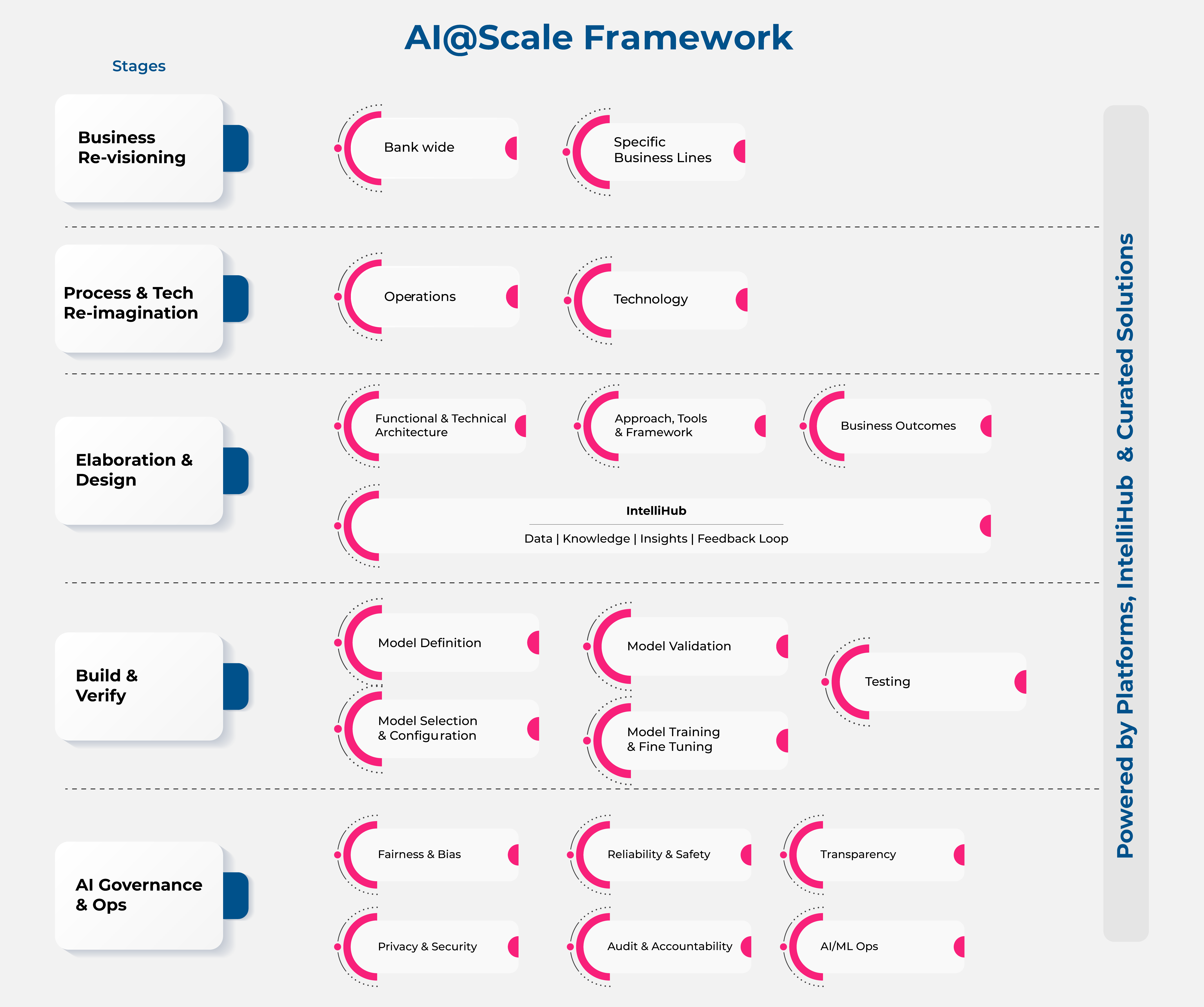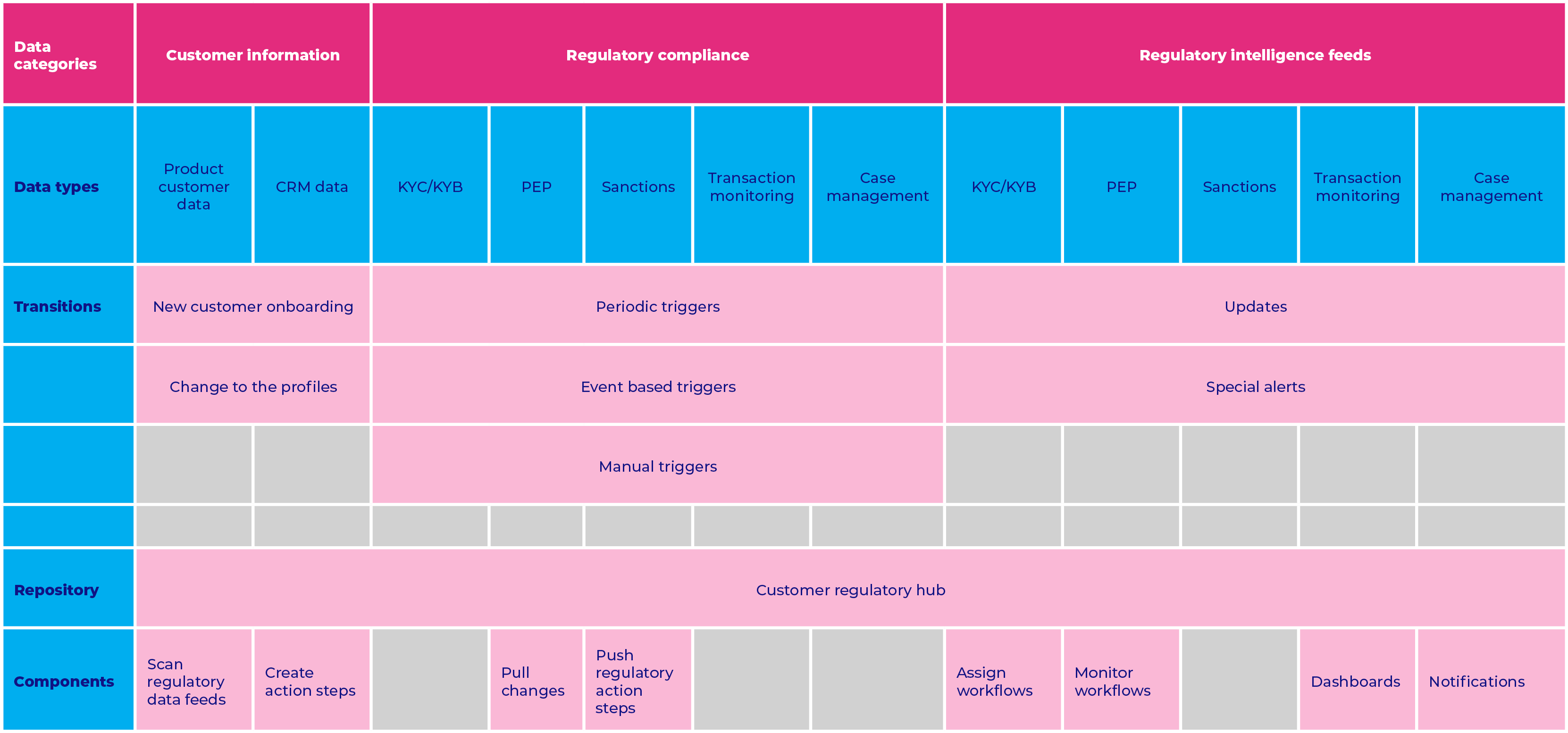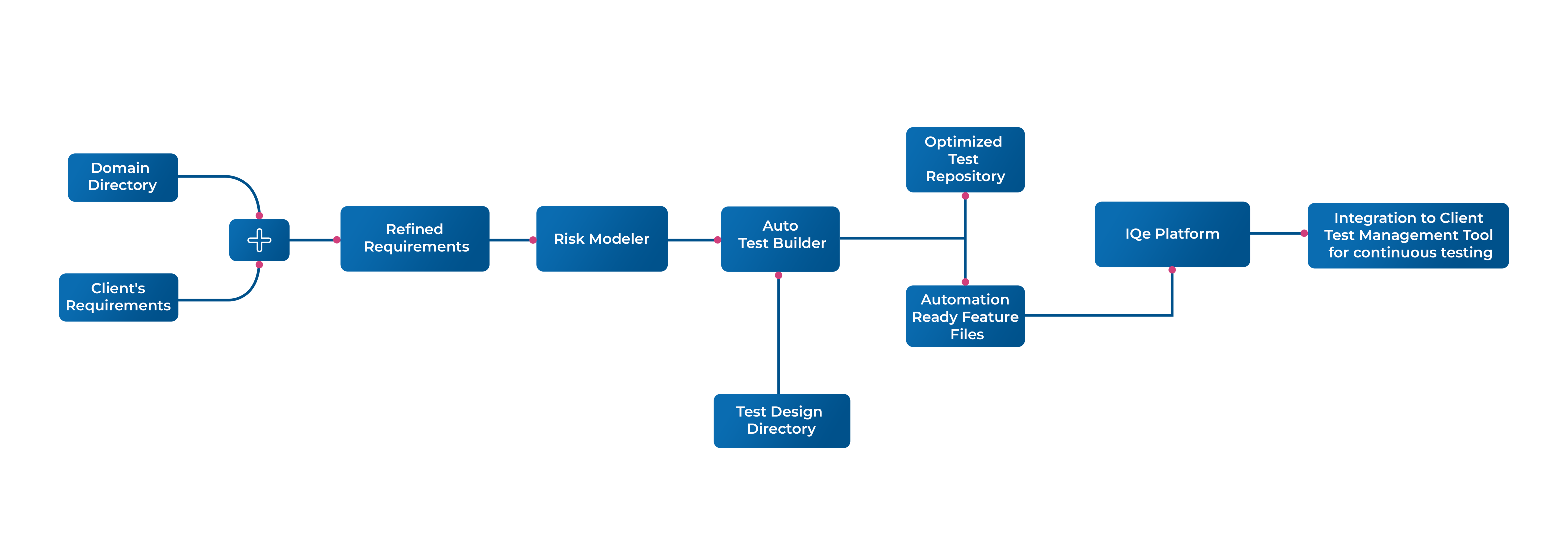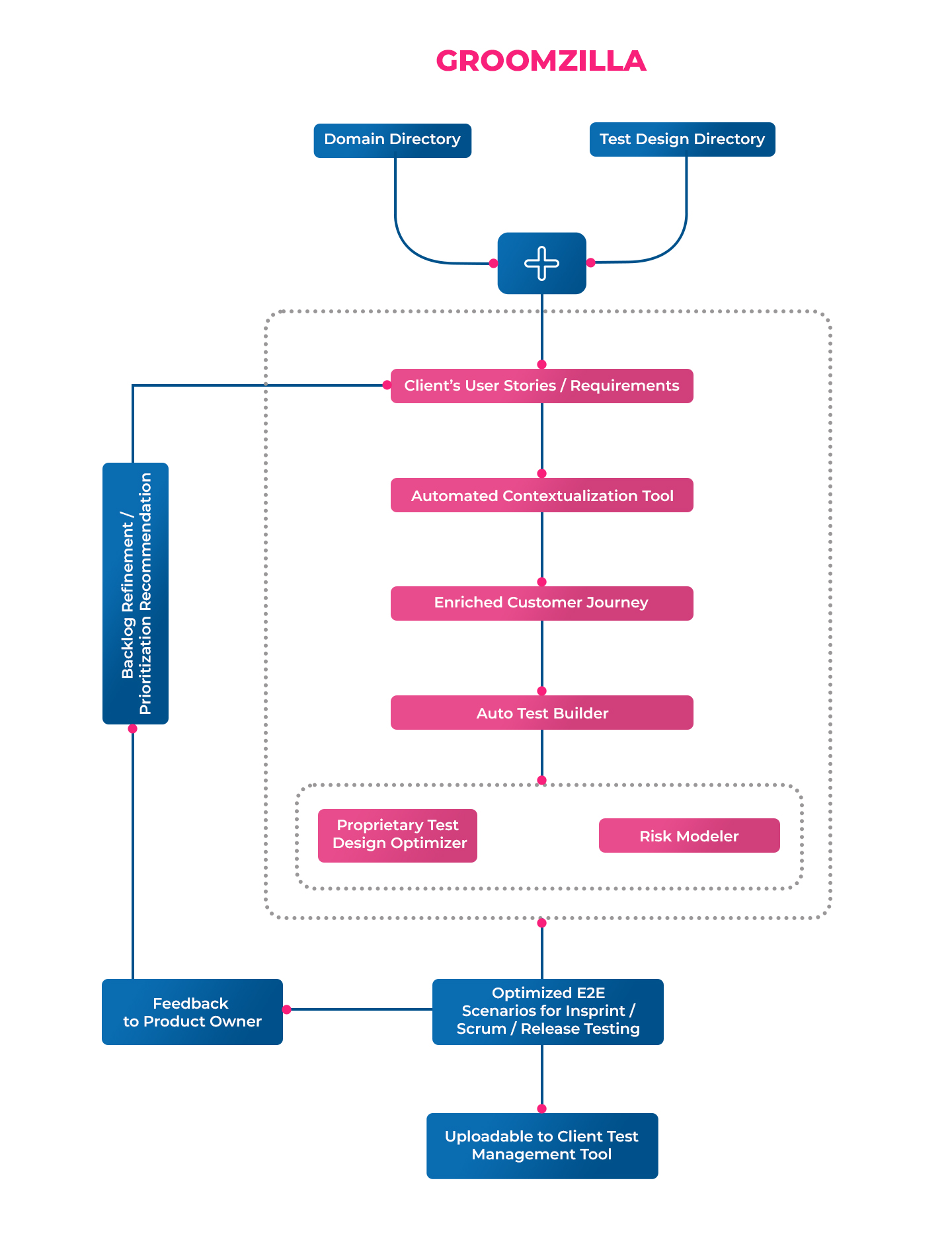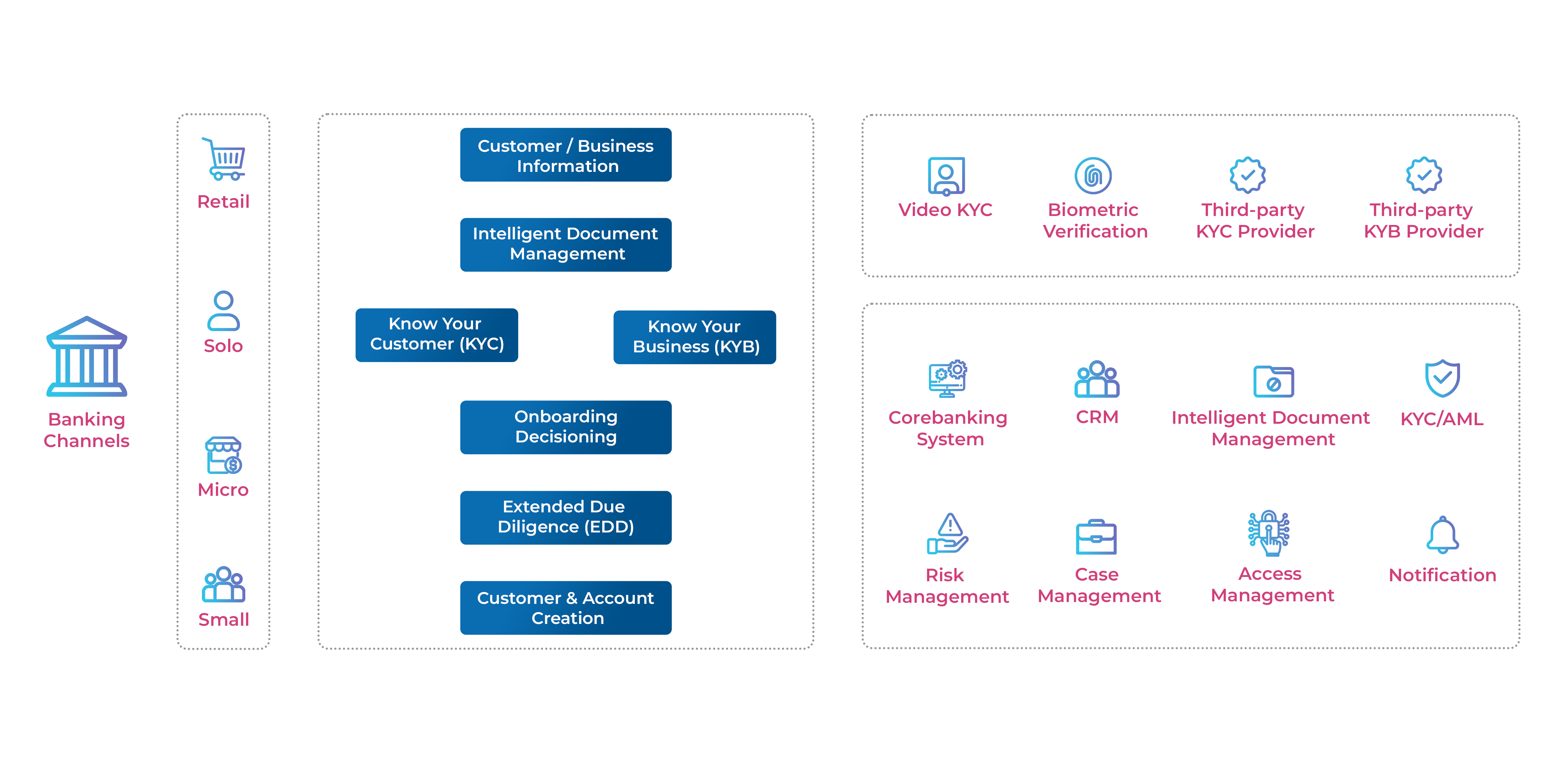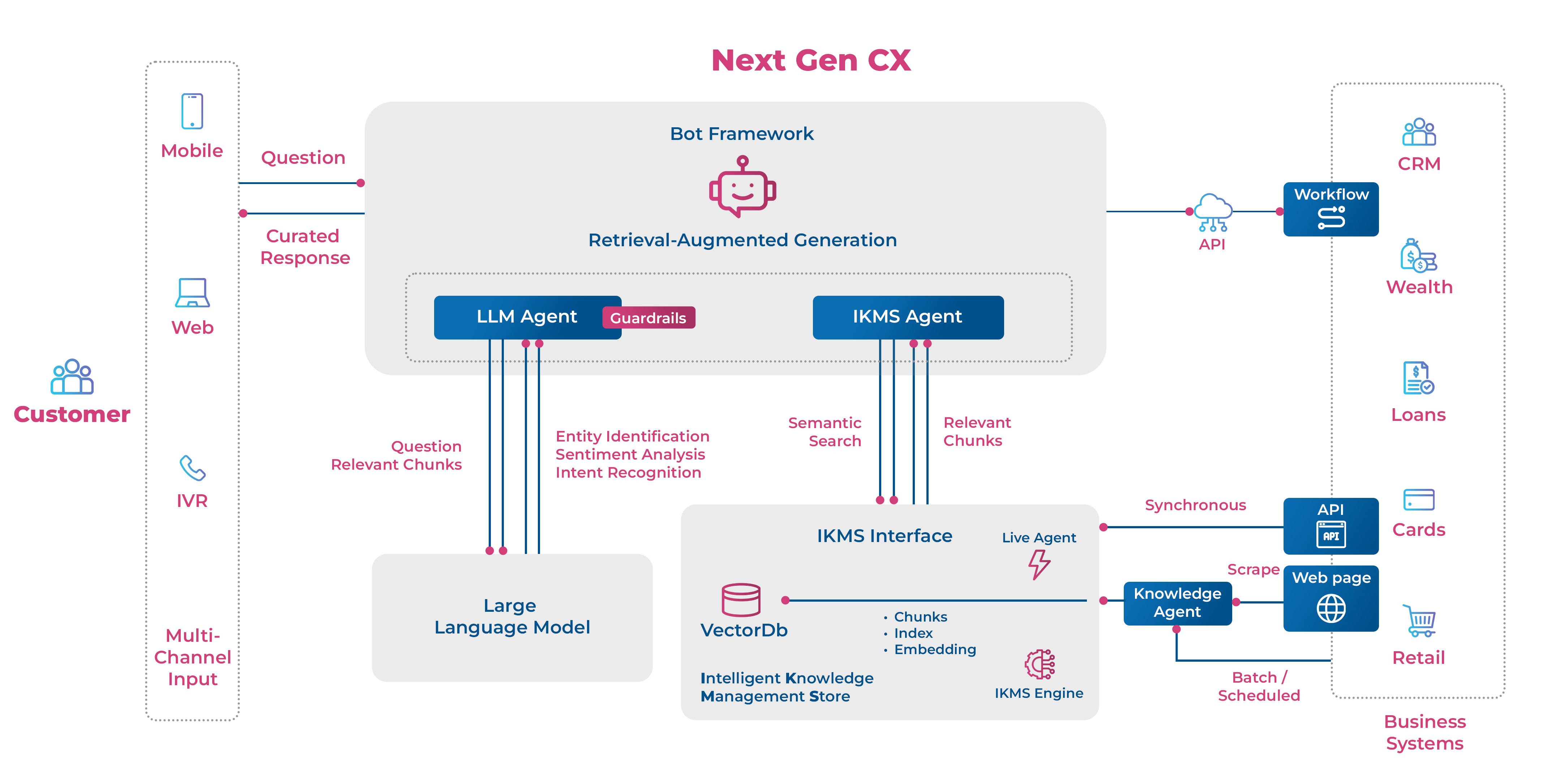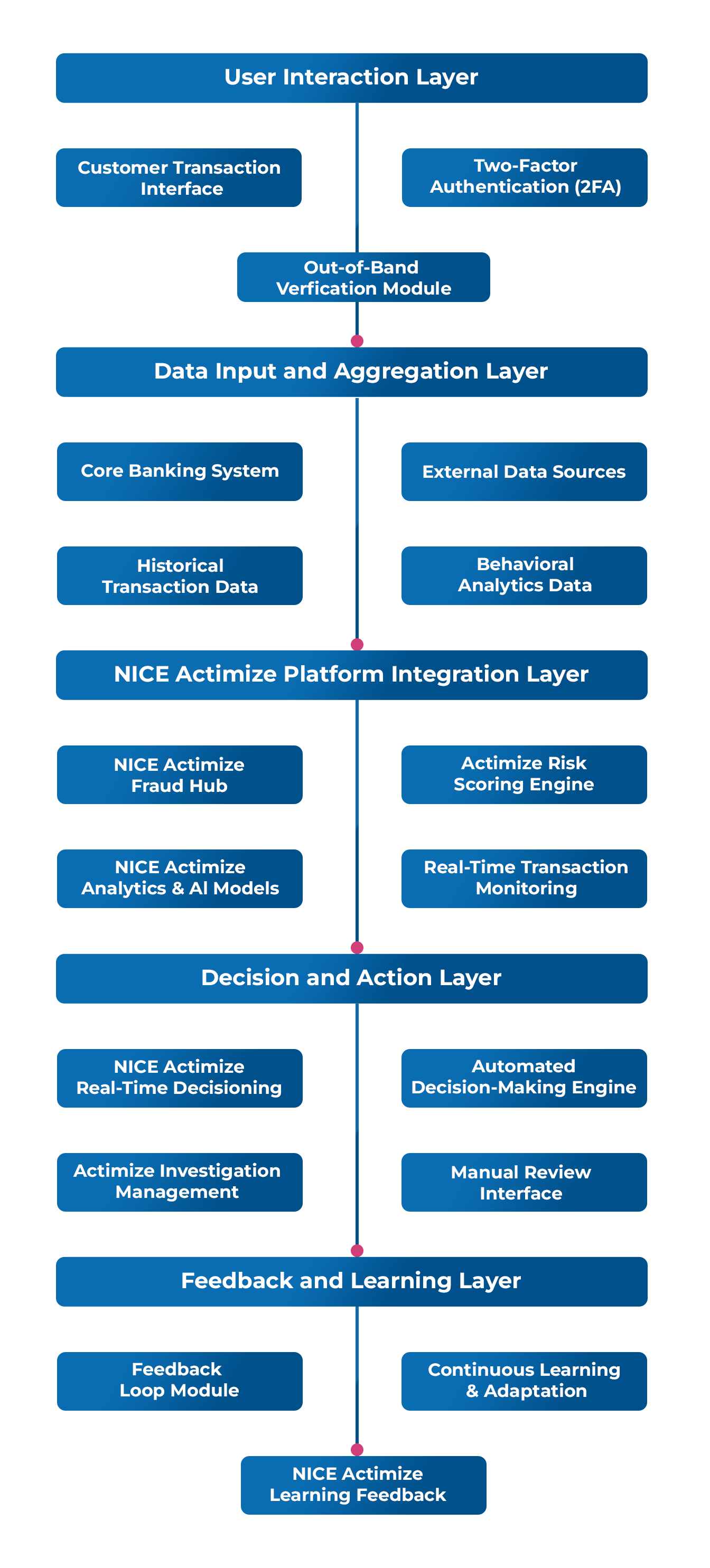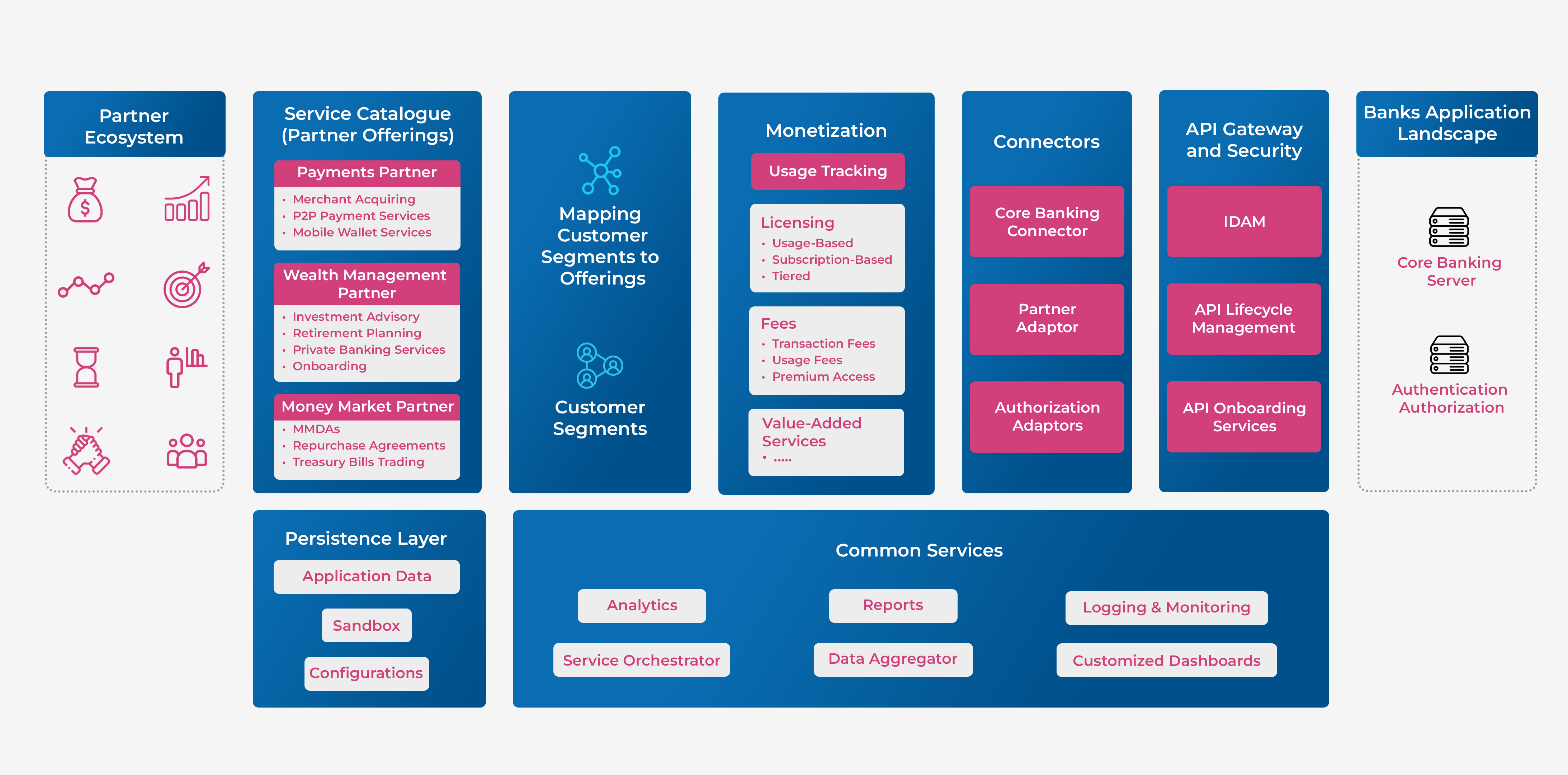Intelligent Automation vs. Basic RPA: What’s the Real Difference?

The future of work isn’t just automated—it’s intelligent.
As businesses across industries race to digitize operations and improve productivity, automation technologies have taken center stage. But there’s a growing confusion between Robotic Process Automation (RPA) and Intelligent Automation (IA) two terms often used interchangeably, but fundamentally different in capability and impact.
Understanding this distinction is crucial to shaping your automation strategy and unlocking true digital transformation.
What is Basic RPA?
Robotic Process Automation (RPA) refers to software bots that mimic human actions to perform repetitive, rule-based tasks. These bots interact with digital systems just like a human would clicking, copying, pasting, filling out forms, and moving files between applications.
Key Features:
- Works with structured data
- Follows predefined rules
- Doesn’t learn or adapt on its own
- Best suited for high-volume, repetitive tasks
Common Use Cases:
- Invoice data entry
- Employee onboarding processes
- Payroll processing
- CRM data updates
Limitations:
- Can’t handle exceptions or changes in input format
- Not equipped to interpret context or make decisions
- Breaks easily when underlying systems or rules change
Industry Insight:
According to a Deloitte Global RPA Survey, 78% of organizations have already implemented RPA or are in the process of doing so—but nearly half struggle to scale it enterprise-wide due to its limitations.


Why It Matters
The choice between RPA and IA isn’t about replacing one with the other. It’s about using the right tool for the right stage of your automation journey.
RPA is a great starting point. It delivers quick wins and ROI by automating repetitive back-office tasks. But as your business grows, processes become more complex and data becomes more diverse this is where IA becomes essential.
Business Benefits of Intelligent Automation:
- 30–60% cost reduction in operations (McKinsey)
- Up to 50% efficiency gains in complex workflows
- Improved customer experience with real-time, intelligent responses
- Higher accuracy and fewer exceptions requiring human intervention
- Scalability across departments and functions
Final Takeaway
Basic RPA is like a calculator. Intelligent Automation is a data scientist. While both are useful, their capabilities and their value to your business are vastly different.
If you’re automating only simple, structured processes, you’re leaving massive potential untapped. Intelligent Automation allows you to unlock that potential empowering your workforce, streamlining operations, and creating space for innovation.
With 25 years of expertise in BankTech, Maveric Sytstems has been at the forefront of driving transformative solutions in the banking domain. Through the Maveric BankTech Insights newsletter, we bring you deep insights overcome digital friction in Banking that not only attract but also retain and delight customers for the long term.
Wish to know more? Subscribe to our Newsletter


